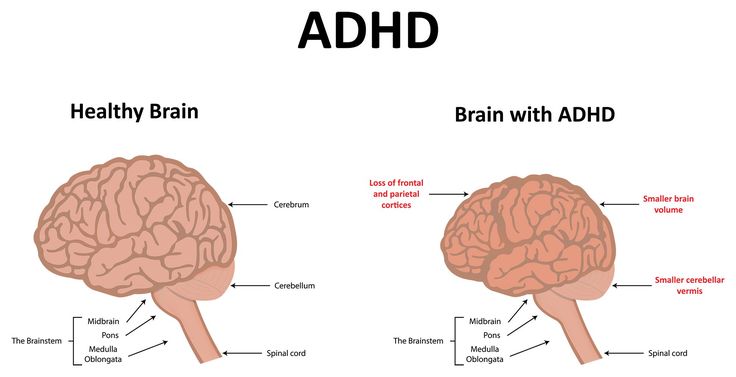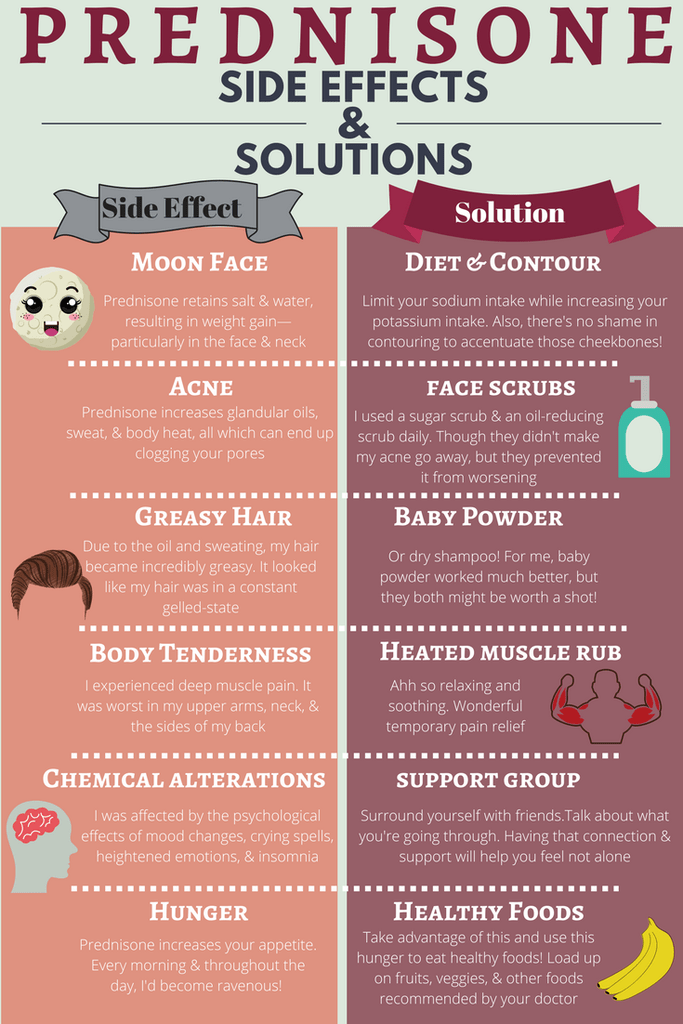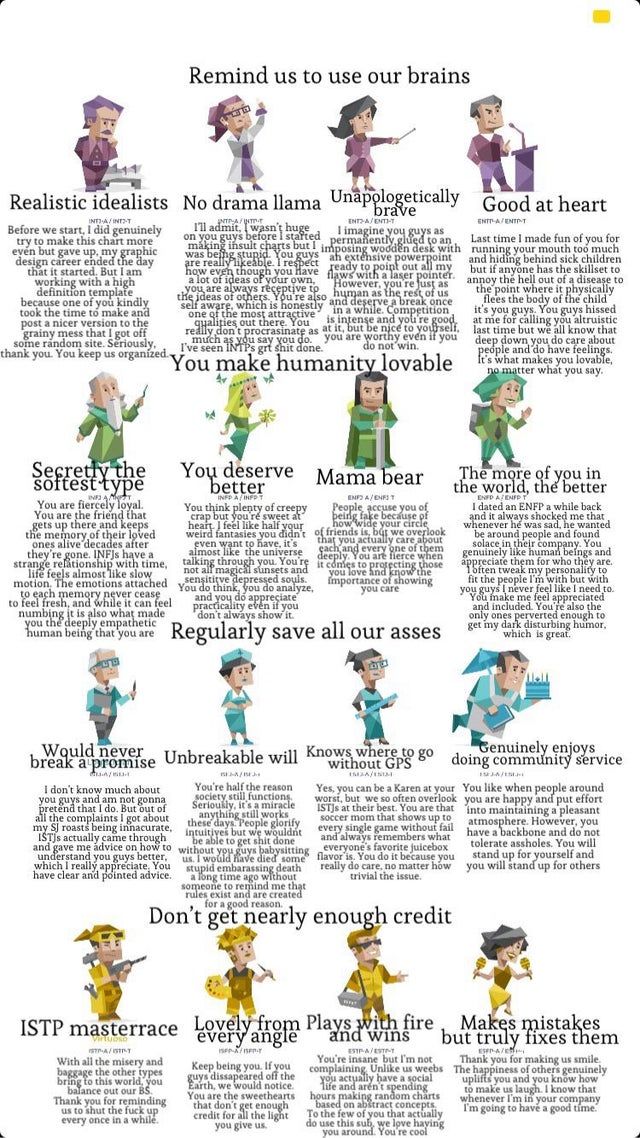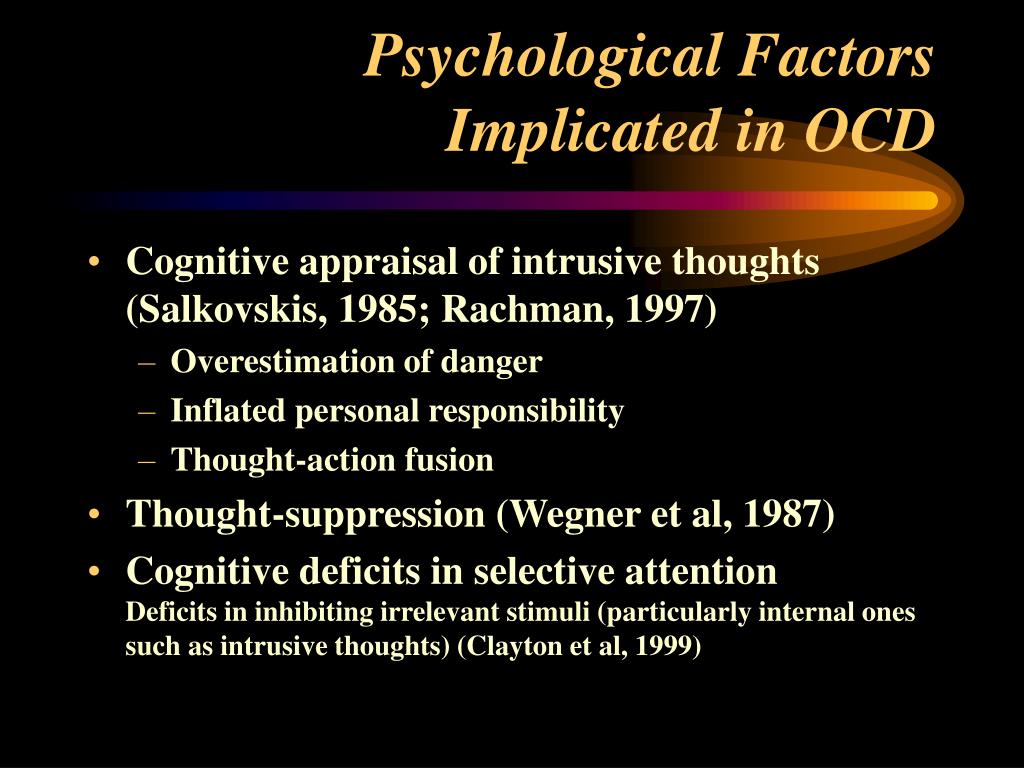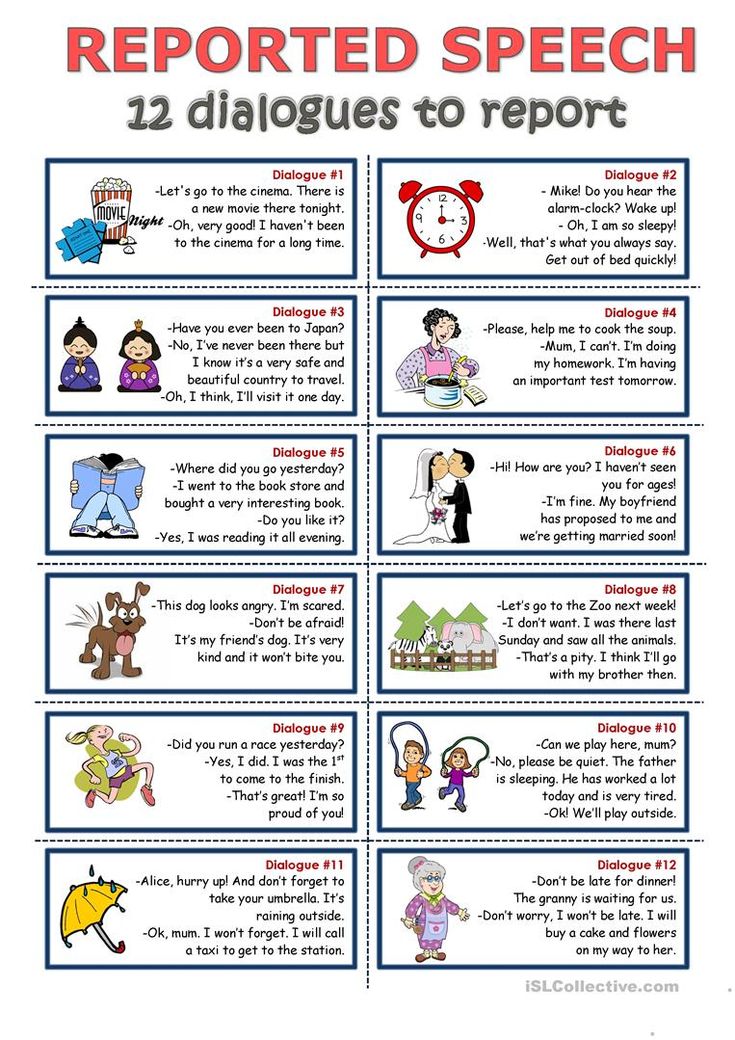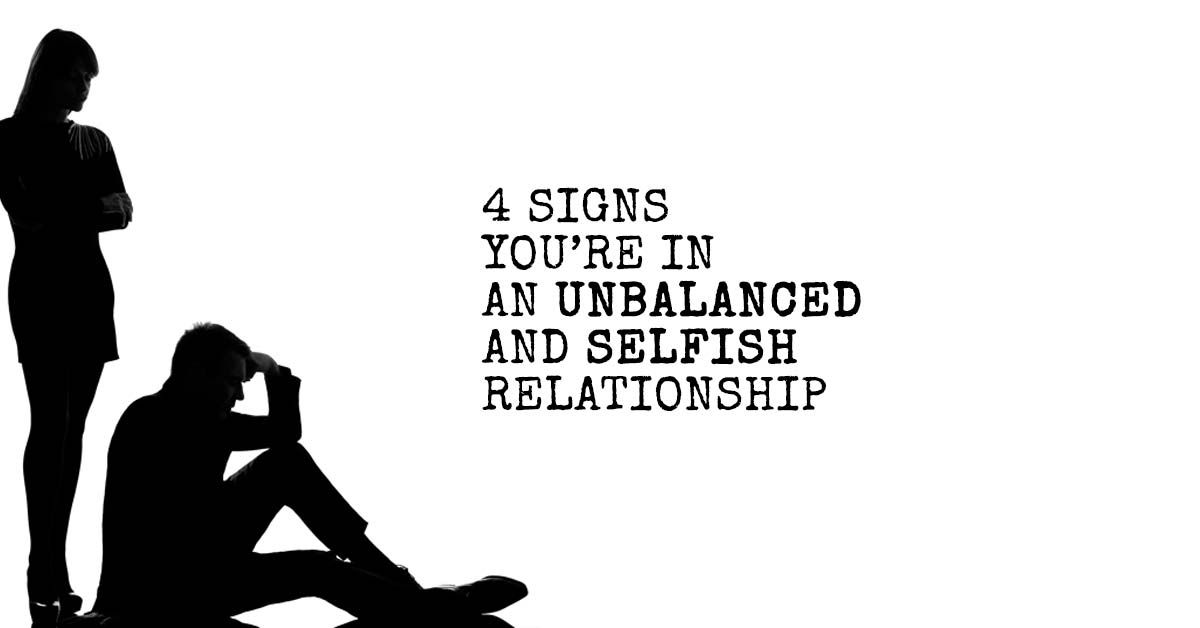Negative effect of music on the brain
Negative and Positive Effects of Music
There is music all around you. In stores, elevators, movie soundtracks, video games, and more. The music is playing, but often you don’t hear it. Your mind does, but you don’t pay attention. Sometimes, you even listen to your own playlists or music services without really knowing what you are listening to. Music can impact our mood for better or for worse. The question is, can you hear the music? Do you know what you are listening to?
You pay attention to what you put into your body when it comes to food. Many people read the labels on the products they use for cosmetics and grooming to see if they are healthy or not. You probably pay attention to the over the counter and prescription medications that you put into your body, because you want to know what is going in your body and how it will affect you. But how often to do you pay attention to the music that is going into your mind? Do you know how that music is going to affect you? Are you aware that music can greatly impact your mood, especially if you have depression or anxiety?
You have probably noticed at some point that listening to your favorite music puts you in a good mood. Music can put a smile on your face, maybe even make you feel like dancing. Or perhaps you have noticed that if there is music you specifically don’t like, it can make you irritable, or want to turn it off or get away from it. Those are ways that music can impact your emotions and your current mood, how you feel in the moment.
There are studies that show, however, that music can impact our mood long-term, increasing depression or anxiety. Certain songs, certain lyrics, certain genres of music are more likely to intensify depression or anxiety, sometimes as much or more as outside stressors and environmental factors. It actually does matter what you are listening to. It is important to be aware of both the type of music, the lyrics, and how they are impacting you. Not just short-term or in the moment, but for days or even weeks after listening. Particularly if you listen to a song or album or playlist over and over again. It is similar to eating fast food for every meal, it is just not healthy for you.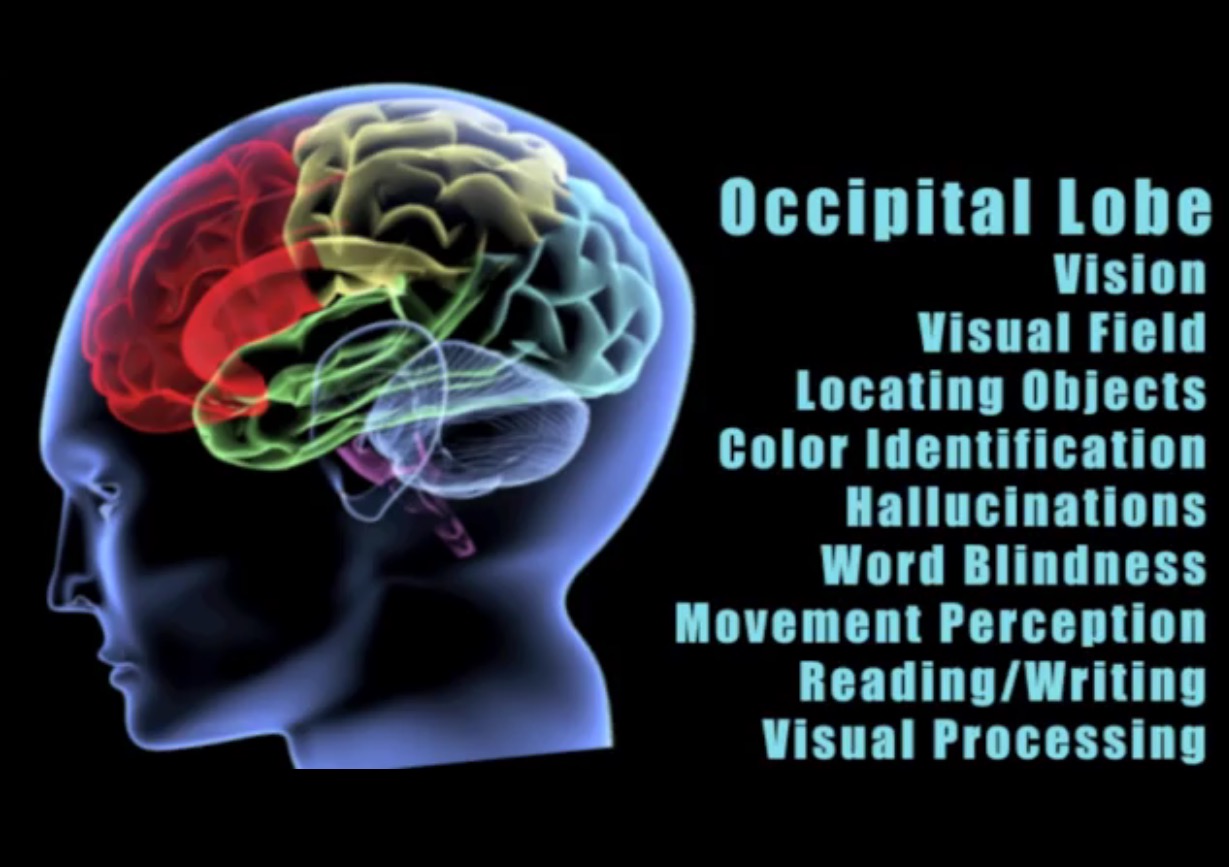
Obviously, if you are feeling depressed already, it is unlikely that you are going to listen to music that is uplifting or really happy. If you are experiencing anxiety, you are unlikely to choose soothing, relaxing music, because that is the opposite of how you are feeling. You are more likely to choose music that matches where you are at emotionally. If you are already in a negative mindset, or worse, already depressed, you are more likely to choose music that you can emotionally relate to, music that brings you down harder. Human beings can be a little bit self-punishing that way.
Likewise, you can make conscious choices to improve your mood. There is research which shows that making choices of music that is more uplifting when you are depressed can actually improve your mood. Not just your emotional state at the time, but your actual mood. As in if you are depressed, you can actually improve your mood level, not just in that moment, but longer-term.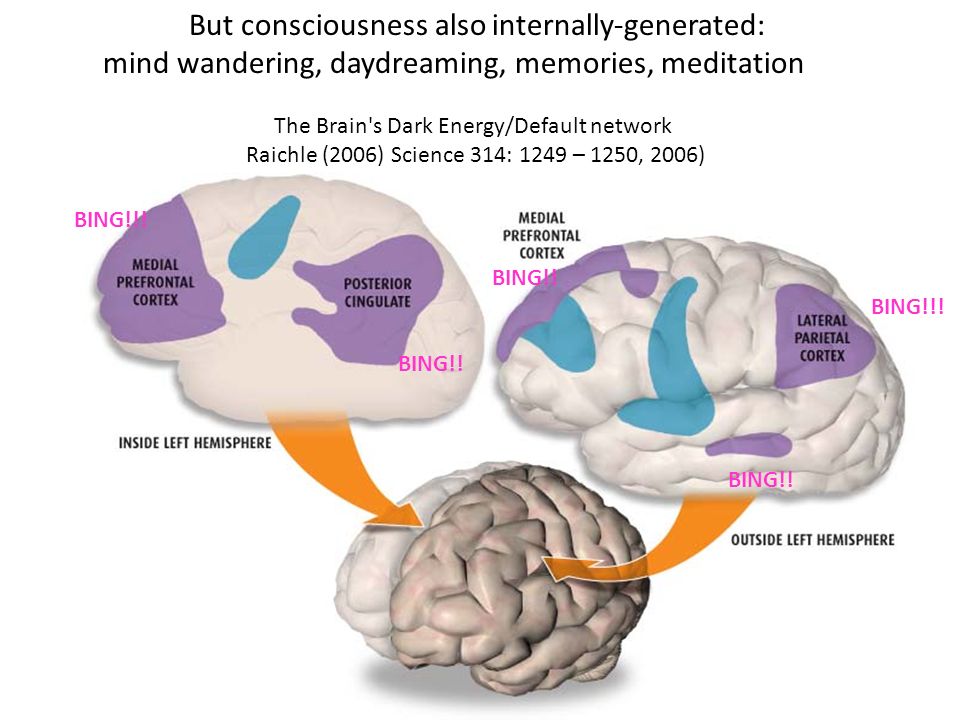 Instead of reaching for all of those angst or depressive songs when you are down, you can reach for music that has a better beat, happier lyrics, and actually help pull yourself out of the nosedive that is depression. Music can be very powerful.
Instead of reaching for all of those angst or depressive songs when you are down, you can reach for music that has a better beat, happier lyrics, and actually help pull yourself out of the nosedive that is depression. Music can be very powerful.
Be aware of the music that you are listening to. How does it make you feel? What is the message of the music? Is the beat faster, maybe danceable? When you are aware of what is in your playlist, what your friends are listening to, what is on the soundtracks of the movies you watch and the video games that you play, then you can take control over what is going into your mind in much the same way you make choices about what you eat and the other things you put into your body.
You don’t have to listen to music you hate. Just choose from the music that you like that is more upbeat musically and positive lyrically. Or at least balance the songs that might bring you down with songs that will pull you up. It is your mental health, it is your choice.
It is your mental health, it is your choice.
Can you hear the music? The music you listen to can impact your mood. Not just for now, for an hour, or a day, but long-term. Music can make you more depressed or anxious, or it can help alleviate some of your depression or anxiety. It is your choice. You can be picky about what you put in your mind, just like you can be picky about what you put in your body. In the end, the choices you make can help or harm your mental health. Be aware. Be vigilant of the music you are listening to. Music is powerful. Choose music for your health.
Hear the music. Learn how to keep your mood stable with the music you listen to at Embark Behavioral Health. Call 1-855-809-0409 today. Put your life in harmony.
Embark Behavioral Health
Embark Behavioral Health is a leading network of outpatient centers and residential programs offering premier mental health treatment for preteens, teens, and young adults. Dedicated to its big mission of reversing the trends of teen and young adult anxiety, depression, and suicide by 2028, Embark offers a robust continuum of care with different levels of service and programming; has a deep legacy of over 25 years serving youths; works with families to adjust treatment in real time to improve results; treats the entire family using an evidence-based approach; and offers the highest levels of quality care and safety standards. For more information about Embark or its treatment programs, including virtual counseling, intensive outpatient programs (IOPs), therapeutic day treatment programs, also known as partial hospitalization programs (PHPs), short-term residential treatment, wilderness therapy, and long-term residential treatment, visit www.embarkbh.com.
Dedicated to its big mission of reversing the trends of teen and young adult anxiety, depression, and suicide by 2028, Embark offers a robust continuum of care with different levels of service and programming; has a deep legacy of over 25 years serving youths; works with families to adjust treatment in real time to improve results; treats the entire family using an evidence-based approach; and offers the highest levels of quality care and safety standards. For more information about Embark or its treatment programs, including virtual counseling, intensive outpatient programs (IOPs), therapeutic day treatment programs, also known as partial hospitalization programs (PHPs), short-term residential treatment, wilderness therapy, and long-term residential treatment, visit www.embarkbh.com.
How music can change the way you feel and act
Editor’s Note: This feature is part of Music and Your Mind, a series exploring how music affects your brain. Read part 2 on healing and part 3 on torture.
Read part 2 on healing and part 3 on torture.
CNN —
Music is present in every part of our lives. Our spiritual rituals are framed with songs, children learn the alphabet through song and the malls and cafes we visit during our leisure time are rarely silent.
But just how much can this ever-present thing impact us – and the way we act and feel? Research suggests music can influence us a lot. It can impact illness, depression, spending, productivity and our perception of the world.
Some research has suggested it can increase aggressive thoughts, or encourage crime.
Recently, a UK study explored how “drill” music – a genre of rap characterized by threatening lyrics – might be linked to attention-seeking crime. That’s not new, but the emergence of social media allows more recording and sharing.
The content of these songs is about gang rivalry, and unlike other genres, the audience might judge the performer based on whether he will follow through with what he claims in his lyrics, writes the study’s author, Craig Pinkney, a criminologist and lecturer at the University College Birmingham, in the UK.
Beside music, the paper looks at social media’s role in fueling violence.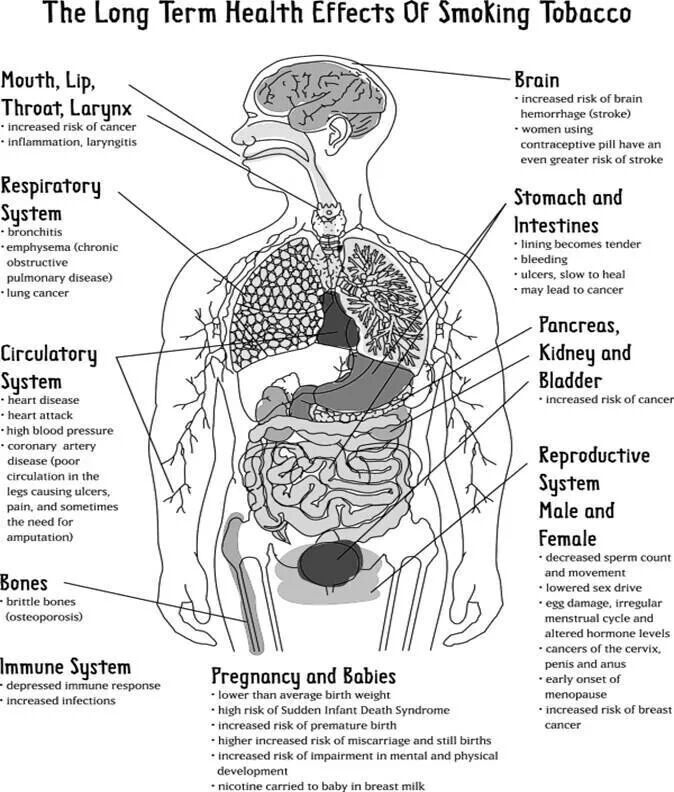 The online platforms readily used by many, have given gang rivalries the chance to move online and encourage comments from supporters and opposing groups, which only adds to the pressure to react.
The online platforms readily used by many, have given gang rivalries the chance to move online and encourage comments from supporters and opposing groups, which only adds to the pressure to react.
However, there are multiple reasons for the rise in crime, according to Pinkney. He explains that poverty, deprivation, racism, poor leadership, lack of corporate investments, lack of opportunities and resources also contribute.
Daniel Levitin, professor of psychology and music at McGill University in Canada, points out that it is difficult to analyze whether music can create violence.
Studies have very mixed evidence, and mostly use observational data instead of controlled experiments that can take into account people’s personality. People who are already prone to violence might be drawn to violent music, Levitin explained. But that doesn’t mean everybody who enjoys hat music is violent.
“When you’ve got violent behaviors that mimic something that’s out there in the music or art world it’s easy to jump to the conclusion that the art caused the person to become violent,” he added. “But just because it’s easy to conclude it doesn’t mean that it’s true.”
Another paper, published in 2003 in the Journal of Personality and Social Psychology, reported that music can incite aggressive thoughts and feelings.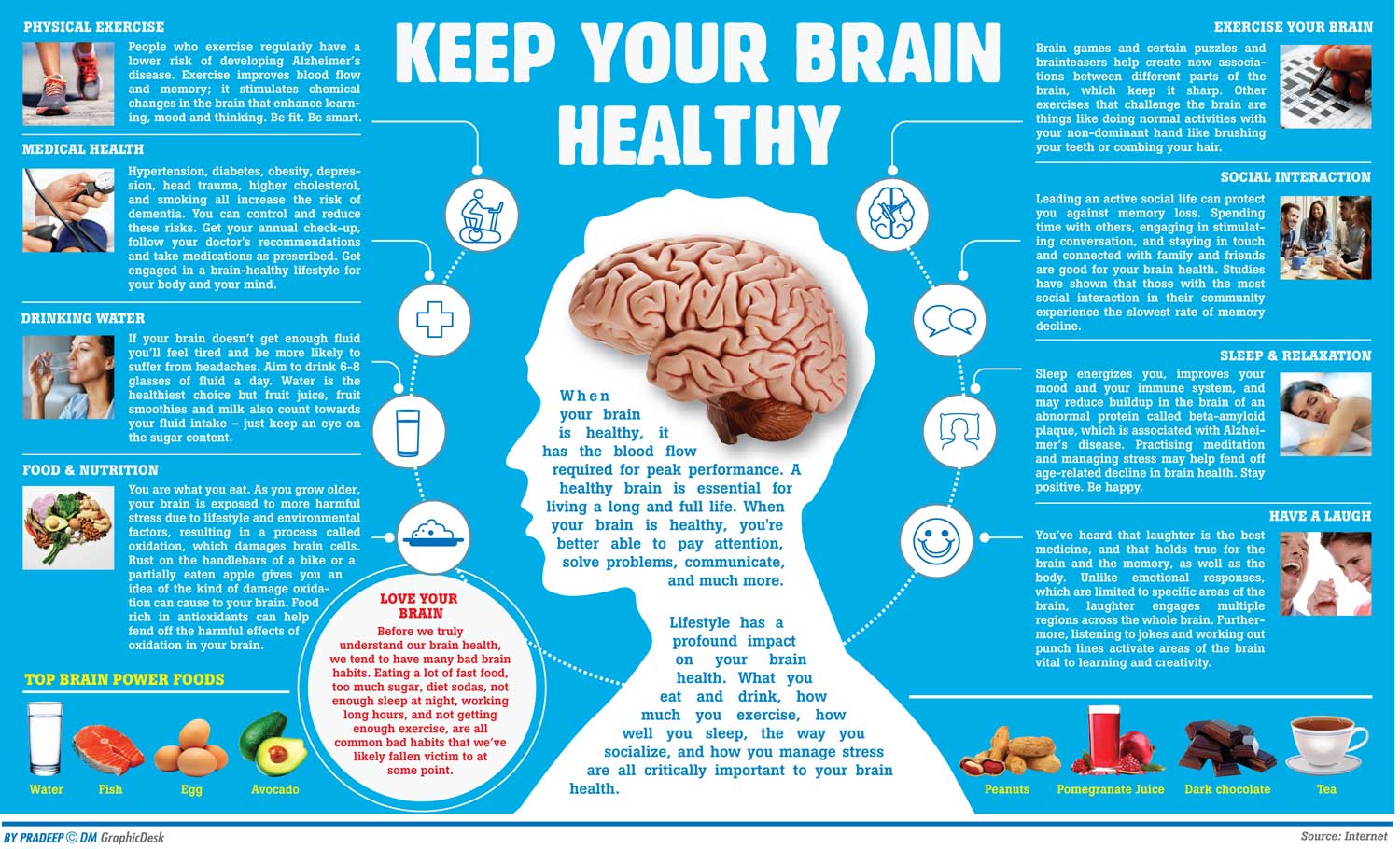 During five experiments with 75 female and 70 male college students, those who heard a violent song were shown to feel more hostile than those who heard a nonviolent song, from the same artist and style.
During five experiments with 75 female and 70 male college students, those who heard a violent song were shown to feel more hostile than those who heard a nonviolent song, from the same artist and style.
The study showed that violent songs led to more aggressive thoughts in three different measures: More aggressive interpretations when looking at ambiguous words, an increased speed with which people read aggressive compared to non-aggressive words and a greater proportion of people completing aggressive words when filling in blanks on forms given to them during the study.
One way to put these findings, say the authors, is that participants who listened to violent rock songs then interpret the meaning of ambiguous words such as “rock” and “stick” in an aggressive way.
The study adds that the outcomes of hostile thoughts could be short-lived. If the next song’s lyrics are nonviolent or if some other nonviolent event occurs, the effects of violent lyrics will dissipate, states the paper.
Meanwhile, other types of music been been used in attempts to prevent crime, according to musicologist Lily E. Hirsch’s book “Music in American Crime Prevention and Punishment.”
Hirsch wrote about how classical music was used to deter loitering in her hometown of Santa Rosa, California.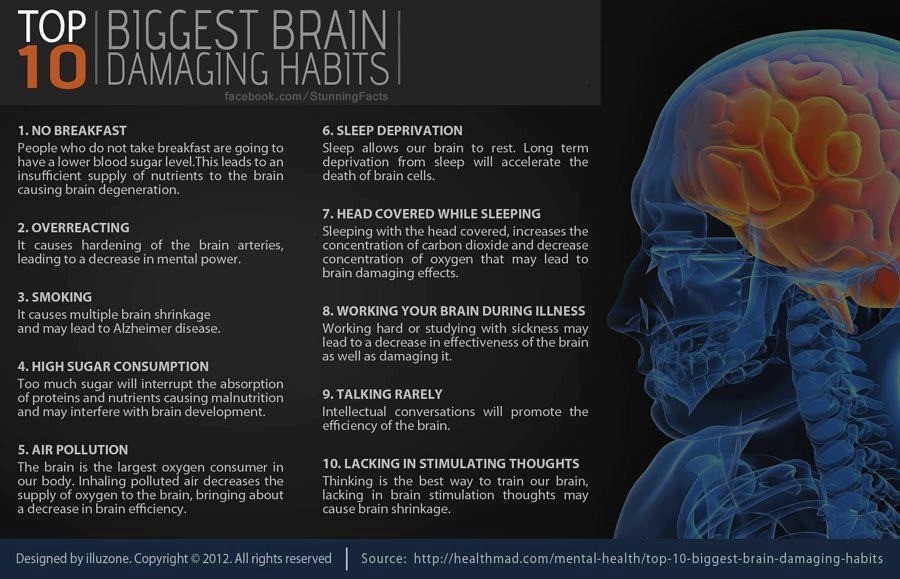 In 1996, she wrote, city leaders decided to play classical music to clear young people from the city’s Old Courthouse Square. Many teens didn’t enjoy the music, according to Hirsch, and left the area, which encouraged the city to keep the background music playing.
In 1996, she wrote, city leaders decided to play classical music to clear young people from the city’s Old Courthouse Square. Many teens didn’t enjoy the music, according to Hirsch, and left the area, which encouraged the city to keep the background music playing.
The effectiveness of music as a crime prevention measure has to do with sound’s construction of who we are but also with who we are not, wrote Hirsch, a visiting scholar at California State University, Bakersfield. We often identify with music based on who we think we are, Hirsch told CNN in an email.
“If you see classical music as music of the fancy, white elite, you might think, ‘I am not any of those things,’ and then disassociate yourself from the music,” leading to, for example, leaving this area, she said.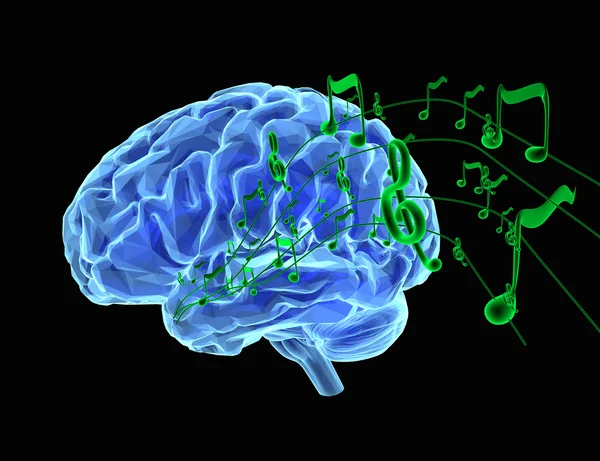 In this situation, people identify themselves in the negative – namely, who they are not – through certain music, Hirsch explained. People are still surprised by this usage of music, she added. But music has “always been used in a variety of ways, positive and negative,” Hirsch said.
In this situation, people identify themselves in the negative – namely, who they are not – through certain music, Hirsch explained. People are still surprised by this usage of music, she added. But music has “always been used in a variety of ways, positive and negative,” Hirsch said.
Music can make us feel all sorts of emotions, some of which are negative, added Laurel Trainor, professor of psychology, neuroscience and behavior and director of the McMaster Institute for music and the mind.
It can “bring people together and fuel these social bonds,” this can be positive as well as negative, according to her. For example, as far back as we have records, music has been used in war, explained Trainor, because it brought people together socially.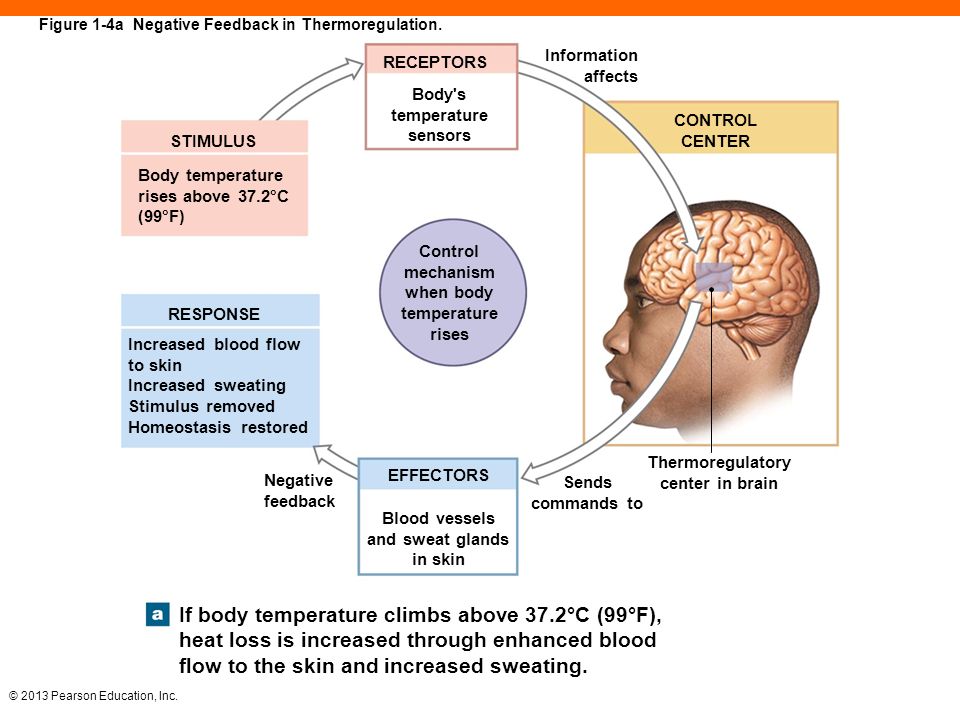
Music has power over our feelings. No other species has evolved in such a way to ascribe meaning and create emotional responses to music as humans, she added.
Everyone can relate to the experience of listening to a melancholic playlist and then not being able to escape the mood. But, according to research, even how we perceive the world around us can be influenced by music.
Researchers at the University of Groningen showed in an experiment that listening to sad or happy music can not only put people in a different mood, but also change what people notice.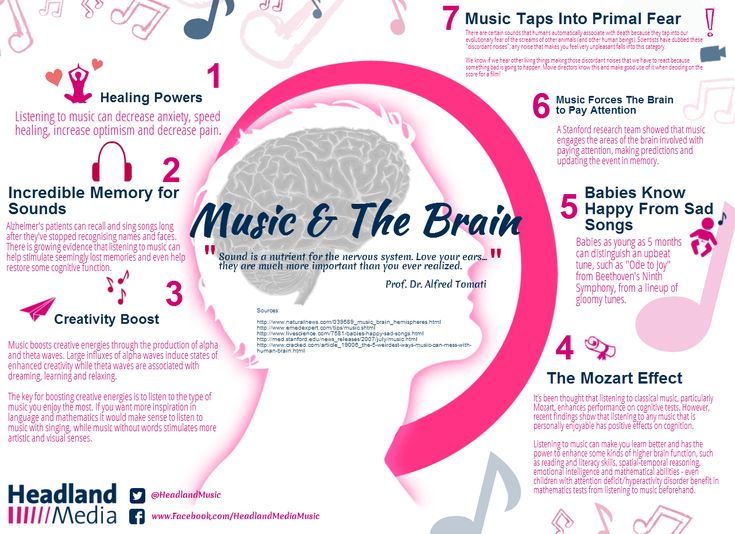
In a 2011 study, 43 students listened to happy or sad music in the background as they were tasked with identifying happy and sad faces. When happy music was played participants spotted more happy faces and the opposite was true for sad music.
The researchers argue that this could be because the perceptual decision on our sensory stimuli, in the experiment’s case the face expressions, are directly influenced by our state of mind.
But if music can change our mood and perception, the question remains if that is a good thing.
Another recent study says it depends. People with clinical depression tendencies were found to feel worse after listening to sad music. On the other hand, those who didn’t have these tendencies reported feeling better after listening to sad music. It helps work through emotions and fosters connections between people, previous research said.
The study included people with and without depression and found that both groups felt better after listening to happy music.
Levitin believes that “the weight of evidence is that music can help depression” because it offers people a distraction.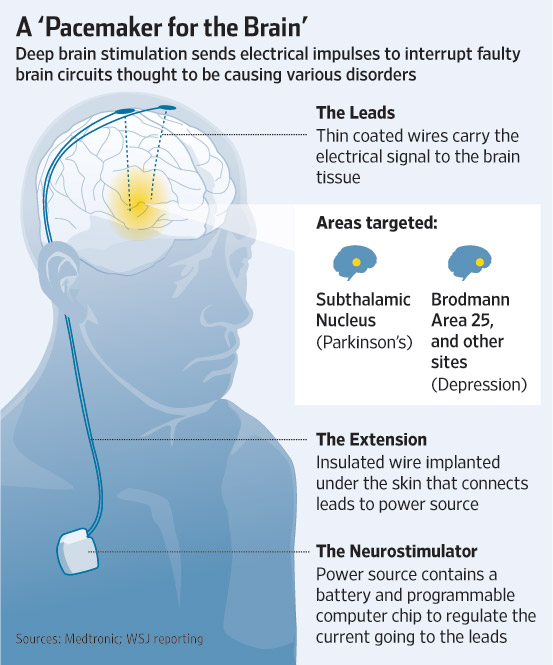 During clinical depression, however – which is a different thing, Levitin added – the person is disengaged and might not want to engage with music.
During clinical depression, however – which is a different thing, Levitin added – the person is disengaged and might not want to engage with music.
Away from mood and emotions, music can also affect simple actions like how much money we spend or how productive we are, research shows.
People who dance and actively engage with music were found to be happier than others, who didn’t engage with music in that way, according to a 2017 study from Australia. The researchers interviewed 1,000 participants over the phone and looked at their subjective wellbeing scores – their individual evaluations of life satisfaction. The people who danced and attended music events had significantly higher subjective wellbeing scores than those who didn’t engage with music in these ways.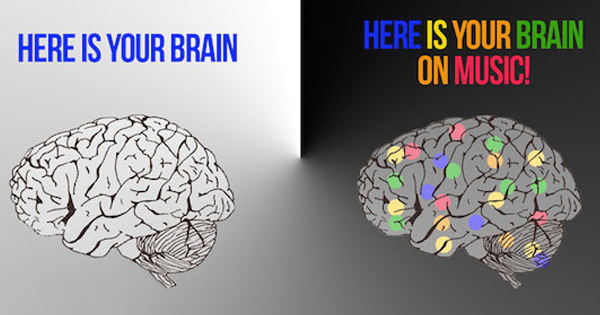 People actively engaging with music in a group also had higher scores than others who enjoyed music in these ways while alone.
People actively engaging with music in a group also had higher scores than others who enjoyed music in these ways while alone.
“At the most fundamental level,” Levitin explained that happy music tends to have an up-beat tempo “and we know neutrons fire in synchrony to the beat of the music and so happy music can actually energize you.”
But the task needs to be considered. During repetitive or boring tasks you can get drowsy and music can work as a stimuli “which allows you to do a better job.” If the task is more complex, “music is harmful” because it acts like a distraction to our concentration.
Music triggers the hormones oxytocin and serotonin, responsible for bonding, trust and intimacy, explained Levitin.
Trainor thinks that it is “part of our biological heritage” that music has not just a positive side to social bonding but also a negative one. “We need to recognize that if we want to use music in positive ways.”
The influence of music on a person: memory, concentration and intelligence
How the brain of professional musicians differs from the brain of amateur musicians and what is wrong with the "Mozart effect" - in the chapter from the book "Music and the brain"
Listening to music is not only nice, but also useful. Music has the ability to influence our emotions, so singing and even just listening to songs can make it easier to deal with mood disorders, depression, anxiety disorders, and other mental health issues. Many researchers believe that music can affect different parts of the brain and improve its individual functions due to neuroplasticity.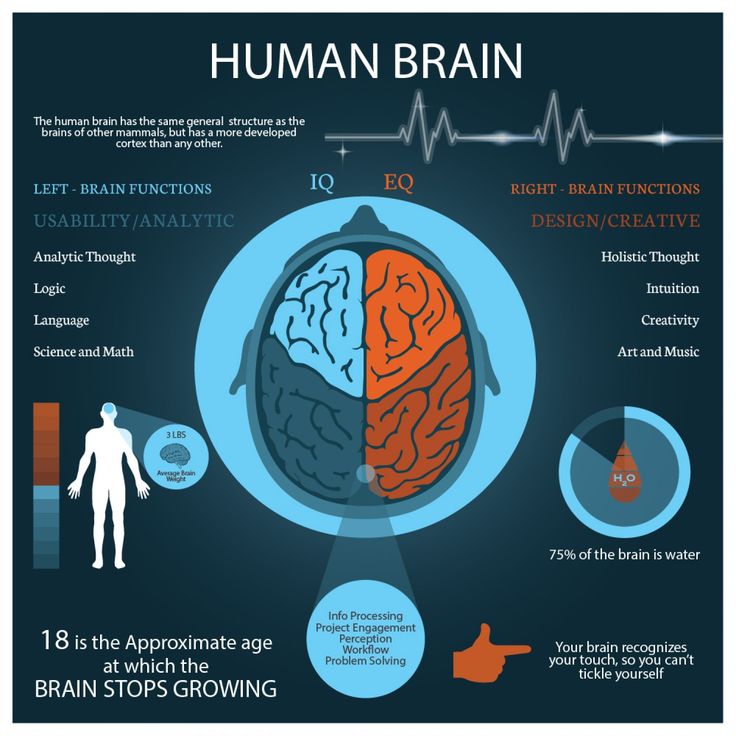 Norwegian professors of neuroscience of music Are Brean and Geir Ulve Skeie talk about whether it really has an effect on memory, willpower and other cognitive abilities.
Norwegian professors of neuroscience of music Are Brean and Geir Ulve Skeie talk about whether it really has an effect on memory, willpower and other cognitive abilities.
RBC Trends publishes a chapter from the book Music and the Brain. How music affects emotions, health and intelligence. The material was prepared in collaboration with the Alpina Publisher publishing house.
Executive functions
Executive functions are processes in the brain that are responsible for cognitive control (that is, attention, concentration, the ability to resist temptation), working memory, and mental flexibility (the ability to quickly switch attention between different tasks). These abilities are controlled by the frontal lobes - thanks to them we are able to focus on ends and means and change behavior with the help of willpower, based on changes in the external environment.
Learning to play a musical instrument requires the development of precisely such qualities as focusing attention, working memory, the ability to switch attention between different tasks (reading notes, interacting with other musicians, solving complex technical problems), as well as endurance.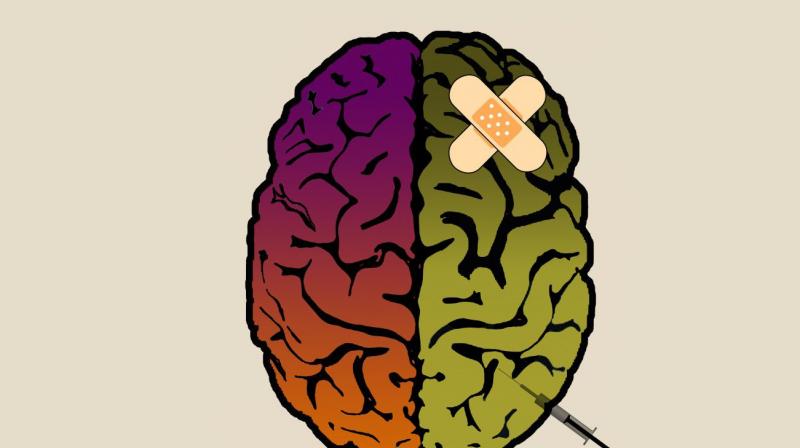 Music education really has an effect on these qualities. For example, one study showed improvement in children's executive function as early as day 20 of class. Another study found that children who were exposed to music for 18 months had an increase in working memory when compared to a control group who had a general science program during the same period (Roden-led study, 2012). But again, it is very difficult to distinguish the effect that the music has, from the overall effect that is achieved through systematic practice.
Music education really has an effect on these qualities. For example, one study showed improvement in children's executive function as early as day 20 of class. Another study found that children who were exposed to music for 18 months had an increase in working memory when compared to a control group who had a general science program during the same period (Roden-led study, 2012). But again, it is very difficult to distinguish the effect that the music has, from the overall effect that is achieved through systematic practice.
Intelligence and education
There is documented evidence that, on average, people who have studied music have a higher level of education and IQ. But what caused this connection? Can one common hidden factor (for example, the socioeconomic status of parents) explain both phenomena - or is there a direct relationship between intelligence and musicality, independent of other factors? There are still no answers to these questions.
Canadian psychologist Professor E.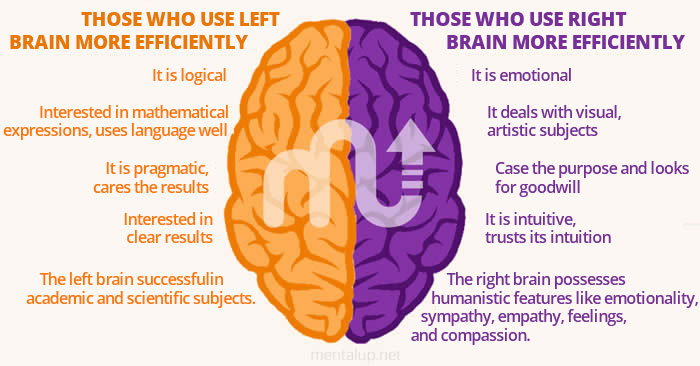 Glenn Schellenberg has attempted to adjust for the socioeconomic background of parents in several studies. He found a positive correlation between music learning and IQ in children aged 6-11, as well as an association between childhood music learning, IQ and academic achievement in young people. There have been a number of long-term studies in which children were observed over time. These studies showed the same results. Apparently, learning music does have a positive effect on overall IQ levels, as well as on academic success. Most researchers believe that music education directly affects executive functions. There's a good reason for this: learning to play music places great demands on a child and develops hand-eye coordination, as well as the ability to concentrate on something for long periods of time, attention, and working memory. This results in measurable changes in the child's body, such as an increase in the size of the corpus callosum, which improves communication between the hemispheres.
Glenn Schellenberg has attempted to adjust for the socioeconomic background of parents in several studies. He found a positive correlation between music learning and IQ in children aged 6-11, as well as an association between childhood music learning, IQ and academic achievement in young people. There have been a number of long-term studies in which children were observed over time. These studies showed the same results. Apparently, learning music does have a positive effect on overall IQ levels, as well as on academic success. Most researchers believe that music education directly affects executive functions. There's a good reason for this: learning to play music places great demands on a child and develops hand-eye coordination, as well as the ability to concentrate on something for long periods of time, attention, and working memory. This results in measurable changes in the child's body, such as an increase in the size of the corpus callosum, which improves communication between the hemispheres.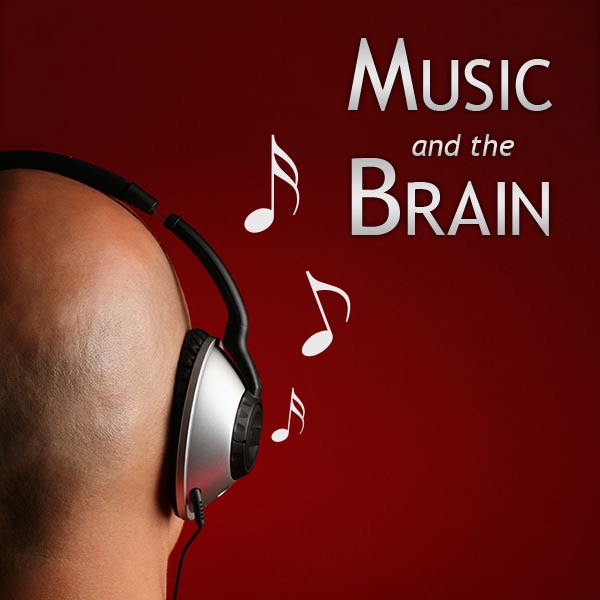 In addition, it is likely that early music education gives the child the experience that intellectual work, which requires concentration, endurance and constant practice, brings joy and positive results. This experience increases the likelihood that the child will work harder at school and decide to devote more attention to learning in the future.
In addition, it is likely that early music education gives the child the experience that intellectual work, which requires concentration, endurance and constant practice, brings joy and positive results. This experience increases the likelihood that the child will work harder at school and decide to devote more attention to learning in the future.
The effect of playing a musical instrument in childhood and adolescence lasts for a long time. Hanna-Pladdy and McKay's study included people aged 60 to 83. It turned out that those who played in the orchestra for more than 10 years in childhood and adolescence, on average, have a better memory, in addition, they also visually perceive space better than people who did not have such experience. Musicians do not lose their abilities. But it's never too late to start learning music - even if you didn't play it as a child. A study of people between the ages of 65 and 80 who only started learning to play the piano at that age found that after six months they had significantly improved working memory, motor skills, and tempo of perception.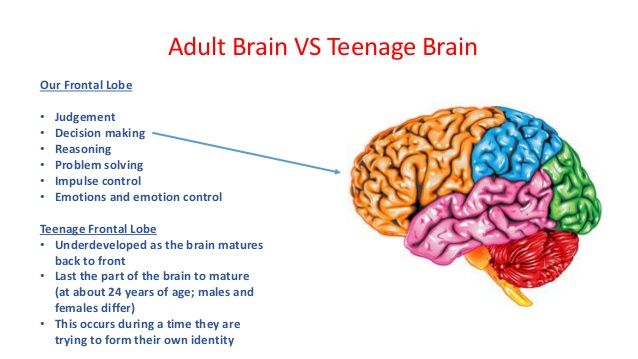 Their results were compared with the results of a group of those who were engaged in other activities (for example, exercise and painting). In 2014, a group of Swedish scientists led by Balbag examined 157 age-related pairs of twins. It turned out that those who played a musical instrument all their lives were much less likely to develop dementia in old age than their siblings who had never played music.
Their results were compared with the results of a group of those who were engaged in other activities (for example, exercise and painting). In 2014, a group of Swedish scientists led by Balbag examined 157 age-related pairs of twins. It turned out that those who played a musical instrument all their lives were much less likely to develop dementia in old age than their siblings who had never played music.
Brain age can be determined using MRI. Scientists examined the MRI of the brains of patients stored in the database, deriving some average indicators characteristic of different ages. And then compared these indicators with the chronological age of the subjects. This is a bit like an age calculator: you need to enter your resting heart rate, height, weight, waist circumference, and so on, and you will get your biological age, which can be very different from chronological. In 2018, a team of researchers led by Rogenmoser compared the brains of professional musicians, amateur musicians, and those who had never played music.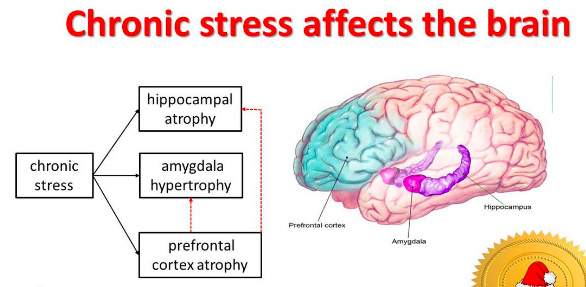 It turned out that, on average, the brains of the musicians were younger (that is, looked younger on MRI images) of the subject's real age. However, according to the results of the study, the dependence of the type of youthfulness of the brain on the number of music lessons was not revealed at all. It turned out that the brain of amateur musicians is the youngest. Professional musicians had younger brains, on average, but to a lesser extent. The results sparked a debate: maybe a professional musician is under so much stress that he reduces the positive effect of music lessons? And does the amateur musician benefit from other intellectual tasks that arise during the working day? Research has shown that a variety of activities is more beneficial than monotony for stimulating the brain. And this also applies to music.
It turned out that, on average, the brains of the musicians were younger (that is, looked younger on MRI images) of the subject's real age. However, according to the results of the study, the dependence of the type of youthfulness of the brain on the number of music lessons was not revealed at all. It turned out that the brain of amateur musicians is the youngest. Professional musicians had younger brains, on average, but to a lesser extent. The results sparked a debate: maybe a professional musician is under so much stress that he reduces the positive effect of music lessons? And does the amateur musician benefit from other intellectual tasks that arise during the working day? Research has shown that a variety of activities is more beneficial than monotony for stimulating the brain. And this also applies to music.
Mozart effect
In 1993, Frances Rauscher published the results of an experiment in Nature. He is often cited as an example when it is said that music is theoretically capable of producing a distant transfer effect.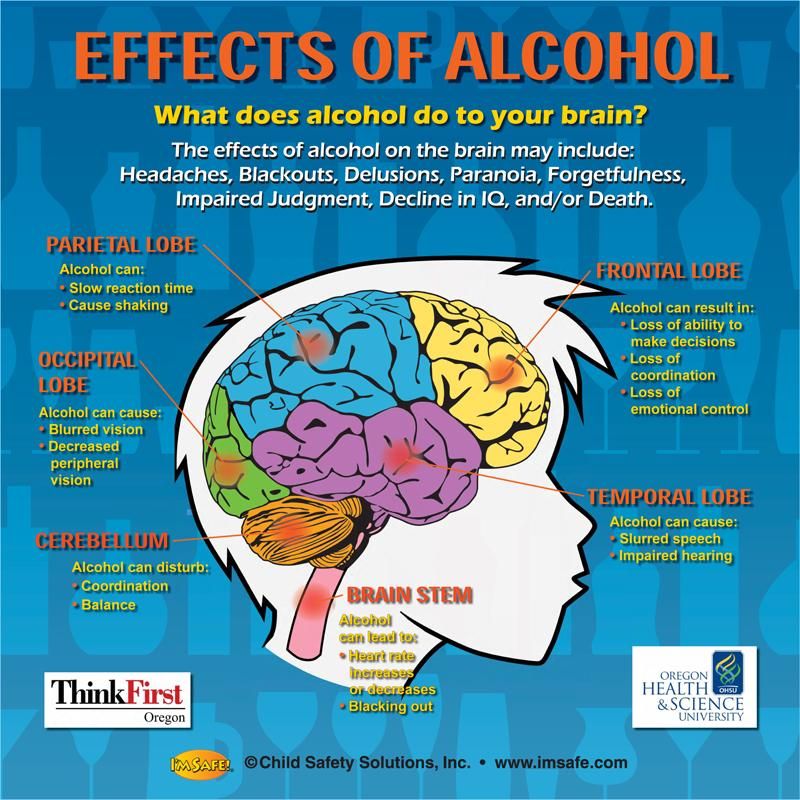 One group of young people listened to Mozart's Sonata in D Major for Two Pianos (K. 448) for 10 minutes. The second group listened to relaxing music, while the third group sat in silence. The groups changed places, and each subject ended up in all three conditions. After each stage of the experiment, the subjects were instructed to mentally fold and cut a sheet of paper, and then imagine what shape the object would be if the sheet was folded again. Tasks of this kind test the ability to spatial perception and are included in all tests to test the level of intelligence. Rauscher found that young people performed best on the task after listening to Mozart, with an increase in IQ of about 8 points. The results were immediately published in the media under headlines like "Mozart will make you smarter" - and now the phrase "Mozart effect" has become a term.
One group of young people listened to Mozart's Sonata in D Major for Two Pianos (K. 448) for 10 minutes. The second group listened to relaxing music, while the third group sat in silence. The groups changed places, and each subject ended up in all three conditions. After each stage of the experiment, the subjects were instructed to mentally fold and cut a sheet of paper, and then imagine what shape the object would be if the sheet was folded again. Tasks of this kind test the ability to spatial perception and are included in all tests to test the level of intelligence. Rauscher found that young people performed best on the task after listening to Mozart, with an increase in IQ of about 8 points. The results were immediately published in the media under headlines like "Mozart will make you smarter" - and now the phrase "Mozart effect" has become a term.
But let's take our time and think, isn't there anything strange about the form of the research itself? The chosen work of Mozart is able to cheer up and invigorate a person and, of course, is very different from relaxing music or complete silence (from which we become lethargic).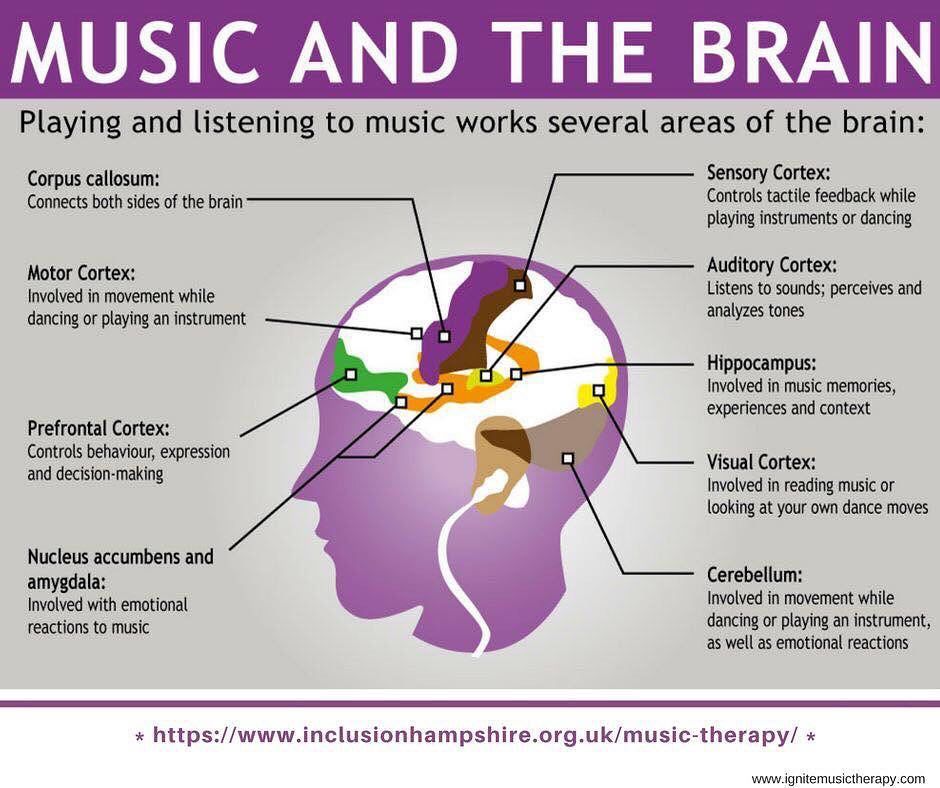 In addition, such tasks are considered one of the most difficult in tests to determine the level of intelligence. A high level of concentration and intellectual effort is also required, and there is ample evidence of how much arousal and mood affect the ability to perform complex intellectual tasks. Positive emotions increase the amount of dopamine in the prefrontal cortex. According to a relatively new theory, it is this fact that explains why subjects perform many cognitive tasks much faster and more successfully in the presence of mental stimulation. Perhaps the decisive factor in the question of how all groups coped with the task was precisely the level of arousal, as well as the ability to apply some kind of effort associated with it?
In addition, such tasks are considered one of the most difficult in tests to determine the level of intelligence. A high level of concentration and intellectual effort is also required, and there is ample evidence of how much arousal and mood affect the ability to perform complex intellectual tasks. Positive emotions increase the amount of dopamine in the prefrontal cortex. According to a relatively new theory, it is this fact that explains why subjects perform many cognitive tasks much faster and more successfully in the presence of mental stimulation. Perhaps the decisive factor in the question of how all groups coped with the task was precisely the level of arousal, as well as the ability to apply some kind of effort associated with it?
In the years that followed, countless researchers tried to test and challenge Frances Rauscher's findings. In a 1999 experiment, Nantais and Schellenberg gave three groups IQ tasks after listening to the same piece by Mozart, a piano piece by Schubert, and an audiotape with the voice of an announcer.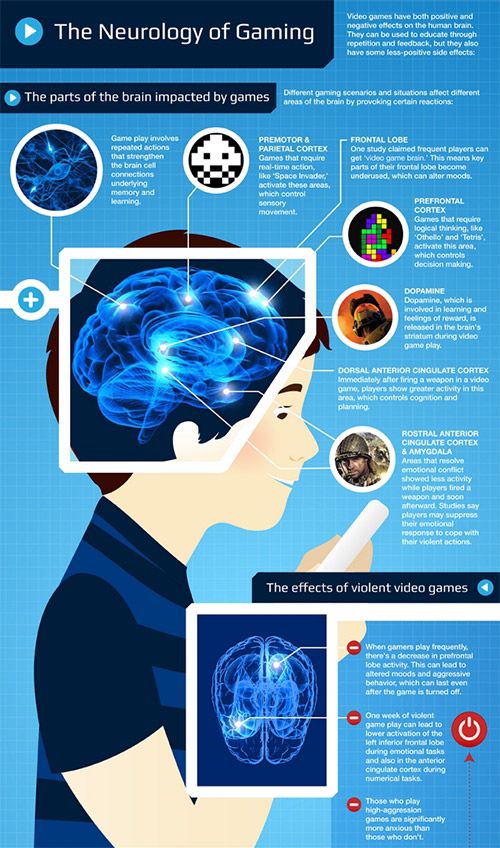 According to the results of this experiment, no difference was found in the results obtained from different groups. In addition, when the subjects were asked what they liked more - Mozart, Schubert, or the story told by the announcer, a surprising pattern was revealed. Those who liked Mozart did better on the task after listening to Mozart, and those who liked Schubert or the story told by the announcer, respectively, did better after listening to them.
According to the results of this experiment, no difference was found in the results obtained from different groups. In addition, when the subjects were asked what they liked more - Mozart, Schubert, or the story told by the announcer, a surprising pattern was revealed. Those who liked Mozart did better on the task after listening to Mozart, and those who liked Schubert or the story told by the announcer, respectively, did better after listening to them.
Another test was carried out by a research group led by Thompson (2001). The scientists chose Albinoni's Adagio, a slow and melancholy work, to work with. The subjects performed better after the Mozart sonata than after sitting in silence, and after Albinoni and silence, no difference was found in how well the task was performed. And as soon as the researchers began to monitor the level of arousal and mood of the subjects, the Mozart effect completely disappeared. Experiments were also carried out on children aged 10–12 years. They were more affected by popular tunes than by Mozart, but only for a short time.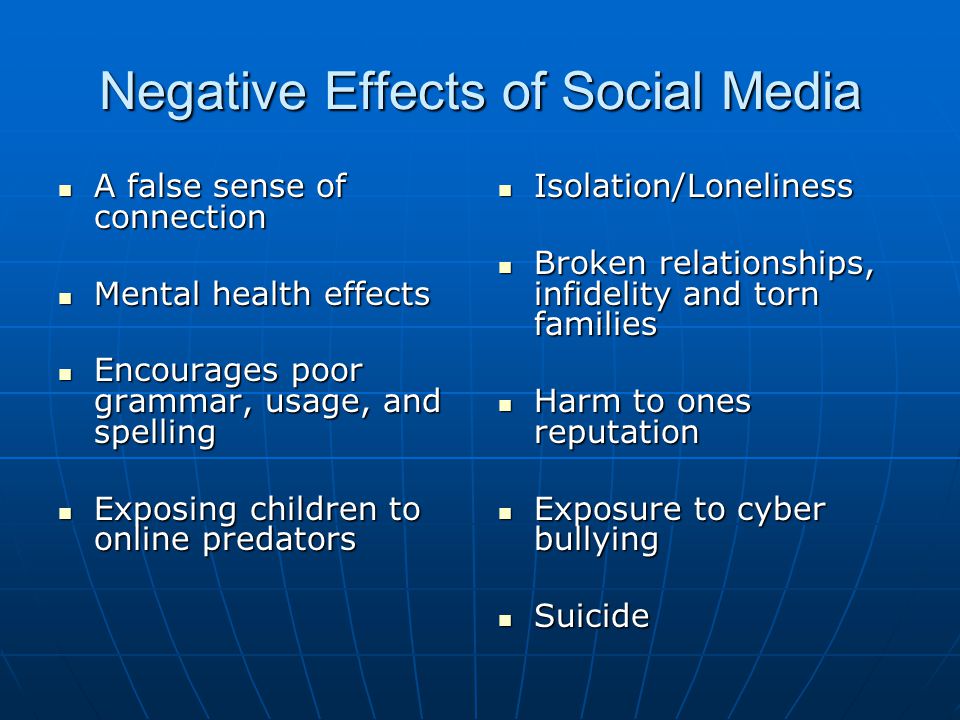 As a result, in all such studies, the effect of both Mozart and other music was very short-lived. No experiment has ever proven that music can have a lasting effect on the ability to solve intellectual problems.
As a result, in all such studies, the effect of both Mozart and other music was very short-lived. No experiment has ever proven that music can have a lasting effect on the ability to solve intellectual problems.
In general, one can refute the fact that music has a special influence on the human intellect. However, it is not surprising that all of these studies have highlighted the unusual ability of music to influence our emotions. But many of us need music precisely to cheer up or calm down, relax or have fun, rejoice or mourn. This is the magic of music - and perhaps this is the very Mozart effect.
The influence of music on the human psyche: rock, pop, jazz and classical - what, when and why to listen?
Most people like to listen to music, not fully realizing what effect it has on a person and his psyche. Sometimes music causes excessive energy, and sometimes it has a relaxing effect. But whatever the listener's reaction to music, it certainly has the ability to influence the human psyche.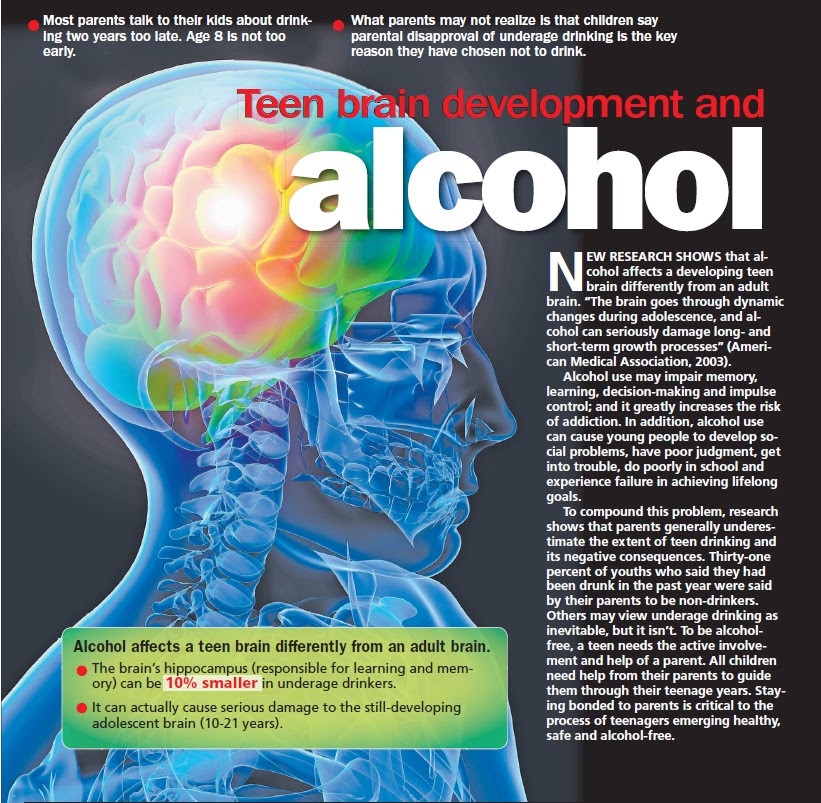
So, music is everywhere, its diversity is incalculable, without it it is impossible to imagine a person's life, so the influence of music on the human psyche is, of course, a very important topic. Today we will consider the most basic styles of music and find out what effect they have on a person.
Rock - suicide music?
Many researchers in this field consider rock music to have a negative impact on the human psyche due to the “destructiveness” of the style itself. Rock music has been falsely accused of promoting suicidal tendencies in teenagers. But in fact, this behavior is not caused by listening to music, but even vice versa.
Some of the problems of a teenager and his parents, such as gaps in education, lack of necessary attention from parents, unwillingness to put himself on a par with his peers due to internal reasons, all this leads the psychologically fragile young organism of a teenager to rock music. And the music of this style itself has an exciting and energizing effect, and, as it seems to a teenager, fills in the gaps that need to be filled.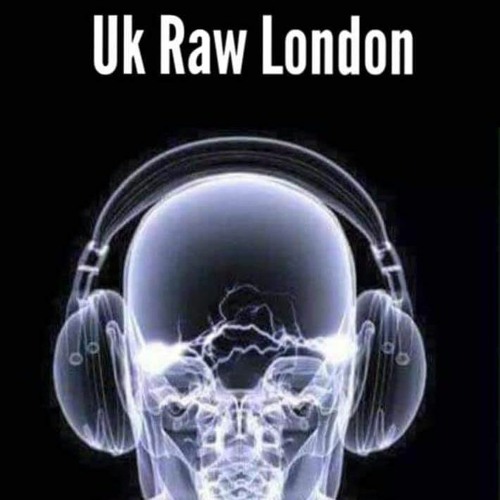
Popular music and its influence
In popular music, the listener is attracted by simple texts and easy catchy melodies. Based on this, the influence of music on the human psyche in this case should be easy and unconstrained, but everything is quite different.
It is generally accepted that popular music has a very negative effect on a person's intellect. And many people of science claim that this is true. Of course, the degradation of a person as a person will not happen in one day or in one listening to popular music, it all happens gradually, over a long time. Pop music is mostly preferred by people prone to romance, and since it is significantly lacking in real life, they have to look for something similar in this direction of music.
Jazz and the psyche
Jazz is a very unique and original style, it does not have any negative impact on the psyche. To the sounds of jazz, a person simply relaxes and enjoys the music, which, like the waves of the ocean, rolls onto the shore and has a positive effect.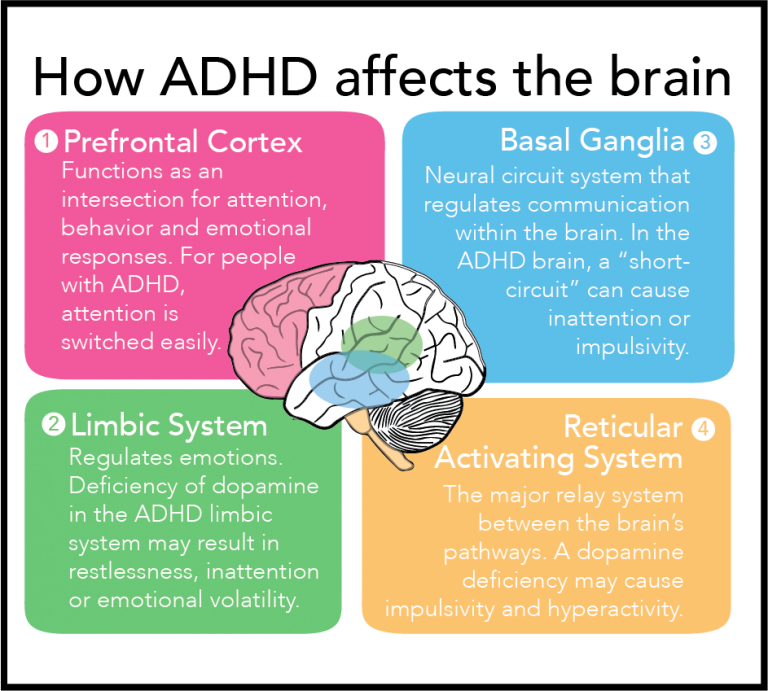 Figuratively speaking, one can completely dissolve in jazz melodies only if this style is close to the listener.
Figuratively speaking, one can completely dissolve in jazz melodies only if this style is close to the listener.
Researchers from a medical institute conducted research on the influence of jazz on the musician himself, who plays a melody, especially improvisational playing. When a jazzman improvises, his brain turns off some areas, and on the contrary activates some, along the way, the musician plunges into a kind of trance, in which he easily creates music that he has never heard or played before. So jazz has an impact not only on the psyche of the listener, but also on the musician himself, who performs some kind of improvisation.
Is classical music ideal music for the human psyche?
According to psychologists, classical music is ideal for the human psyche. It has a good effect, both on the general condition of a person, and puts in order emotions, feelings and sensations.